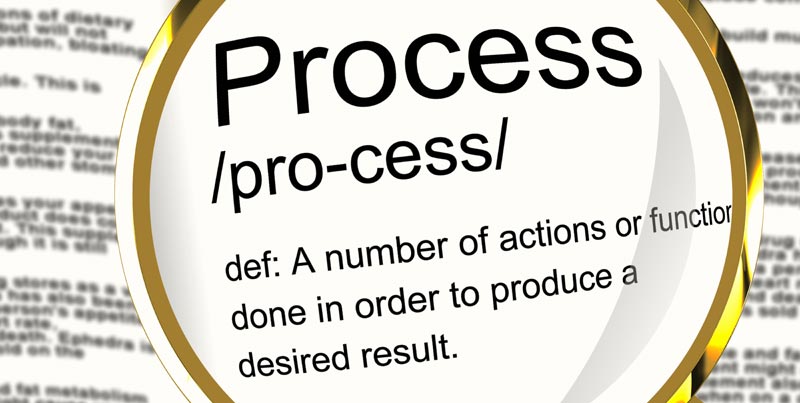A good web design and development company will make sure that your website is designed and developed properly. Since this is a very competitive field, it can be challenging to choose the right web design company for your project.

What that in mind, here are some important questions that you may want to ask before you hire a web design company. Remember, you don’t have to ask every single one of these questions. Feel free to add or change as you see fit.
1. How long has your web design company been in business?
A simple rule of thumb says that the longer a business has been around, the more likely they know what they are doing. But it ultimately depends on your level of comfort. You may be comfortable working with a start-up or you may want a company that has been around for a long time. Regardless of who you actually choose to work with, be sure to vet the company thoroughly before signing on the dotted line.
2. Can you share customer testimonials with us?
Established web design companies will be more than happy to share their list of satisfied customers. Most of them will also make this list available on their websites to show their capabilities. Companies that are unwilling or unable to provide a list of testimonials should automatically raise a red flag.
3. Can you show us samples of previous and existing work?

A good web design & development company will have a strong and varied portfolio of work they have completed. This portfolio should clearly show their capabilities. A few important things to watch for: creativity & uniqueness of design, streamlined and clutter-free layouts, designs that are easy to navigate and how well the design ties into the brand. A “large” portfolio is not necessarily an indicator of capability. The old adage of “quality over quantity” will always apply. So, look for quality, rather than quantity.
4. How experienced is your team?
A freelancer will cost much less than a professional company. But, with a professional company, you get access to a structured approach that signals that the company has spent time and effort into cultivating a team culture:
(a) robust design, development and test processes
(b) access to the knowledge and ability of an entire team of highly qualified individuals
(c) a proper quality assurance mechanism
(d) access to a large library of tools and components
(e) the ability to collectively solve problems and brainstorm as a team.
5. What types of processes and methodologies does your web design company use?

Regardless of the size or complexity of a given project, the company you select should have a proper project management process in place. They should also (generally) assign a project manager who will be your point of contact for the duration of the project. Effective communications, project tracking, timeline, and milestone management are all essential parts of professional project management and a formal process will help make sure that your website project is completed successfully and on time.
A set of and formal design & development processes is a good indicator that the company has invested time and effort in creating a formal approach to their work. Beware of a web design company that does not have formal processes and methodologies in place. In fact, amongst things, your selected web design company should take the time to educate you about your roles and responsibilities during the project.
6. How do you handle changes?
A formal change management process is also important: at some point, your website will require changes or updates. So, a good change management process will make sure that the changes are formalized, properly reported, implemented, communicated back to you and thoroughly tested before being rolled into production.
7. What technologies does your company work with?
The answer to this question is critical. Given the ever-evolving nature of technology, companies must keep up with the times. A good web design & development company will be able to work in both open source and closed source (or proprietary) software. They should also have expertise in database technologies such as Microsoft SQL Server, mySQL, Oracle, Microsoft Access. In terms of design tools, look for names such as Adobe, Microsoft and other recognizable companies that put out serious design & development tools.
8. At the end of the project, who owns the completed work?
You are investing money in your online presence and there is only one acceptable answer. You. As the client, you have the right to own the website, the code, media and all content. If your website uses components such as a content management system, or a shopping cart system, be sure to find out about the licensing and ownership. Examine your contract or agreement before signing to make sure that all ownership. Including that of design elements, transfer over to you at completion.
9. Do you provide support and maintenance after completion of work?
Ongoing support and maintenance are also important. Technology is always changing and developing positioned company will provide ongoing support and maintenance. Be sure to understand how your selected vendor handles this area. One word of advice: avoid locking into an annual support and maintenance contract unless, of course, support and maintenance is critical to your operation. It may be more cost effective to pay for maintenance as and when you need it. Some companies may offer creative options, such as prepaid or recurring charges for maintenance that are typically discounted.
 10. Do you provide a “warranty” after completion of work?
10. Do you provide a “warranty” after completion of work?
Make sure you have a “warranty” or some assurance that the company will fix any bugs and defects that may crop up after the project is complete. In fact, make sure this is part of your contractual agreement. A warranty will protect you if something breaks or stops working. The longer the warranty, the better. Typically, most companies will cover their work for 30 to 90 days.
11. How do you charge for your work?
There are 2 ways for a web design & development company. They can charge you by the hour, day, week or month. Or they can charge you a fixed amount for your project. In order to set up a fixed cost, the requirements and specifications have to be very clearly laid out. In fact, most web projects can be estimated fairly accurately if a given company has the experience in the industry. If a company is unwilling to give you a fixed cost for a project, it is advisable to be careful…time-based billing can get ridiculously expensive.
Conclusion
The purpose of the above article is to help you filter out companies that are not doing it right. If you are going to invest hard-earned cash into building a website, you want to make sure that you hire a company that has a solid background and a strong track record.
What has your experience been when it comes to hiring a website design and development company?
If I left out any questions, please feel free to let me know by posting a comment below.

